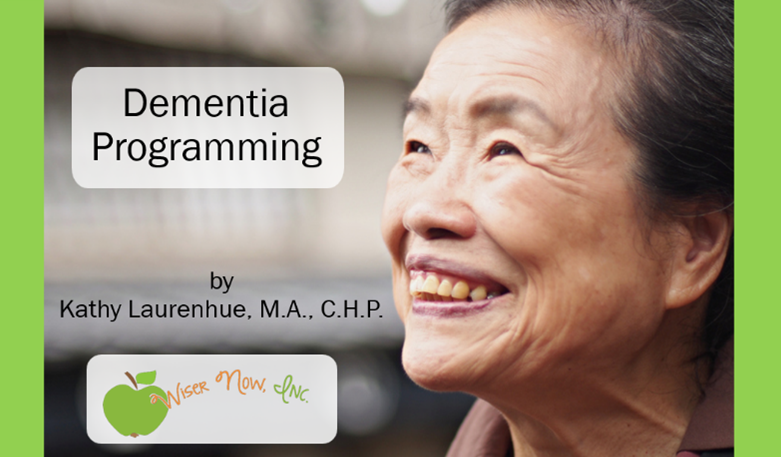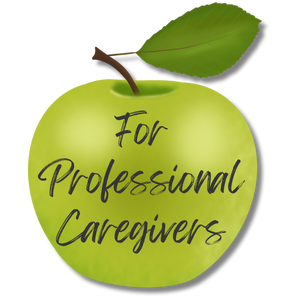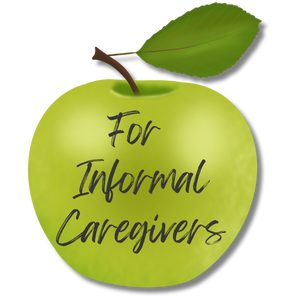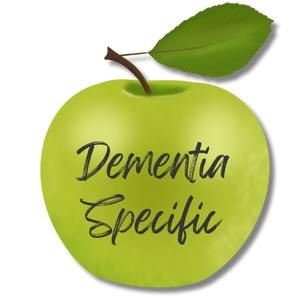
Guidance for Professional and Informal Caregivers
Click on the apples below, and the items on the menu bar above to find comfort and confidence.


Featured Product
While aimed at educating activity professionals, this course will also benefit personnel in day care and home health settings as well as family caregivers.
Join Our Free Mail List
to get immediate access to a matching quiz on amusing quotes by George Carlin and Yogi Berra, plus monthly uplifting, brain-stimulating exercises — trivia quizzes, word games and more.
“I admire all you do in the world to make it happier.”
“Kathy, You are the best. It is a joy to have you in my life. Thanks for all you do.”
“As I’ve said before, your writing style is so playful and light. VERY IMPRESSIVE. Thank you for sharing your delightful ideas with us.”




